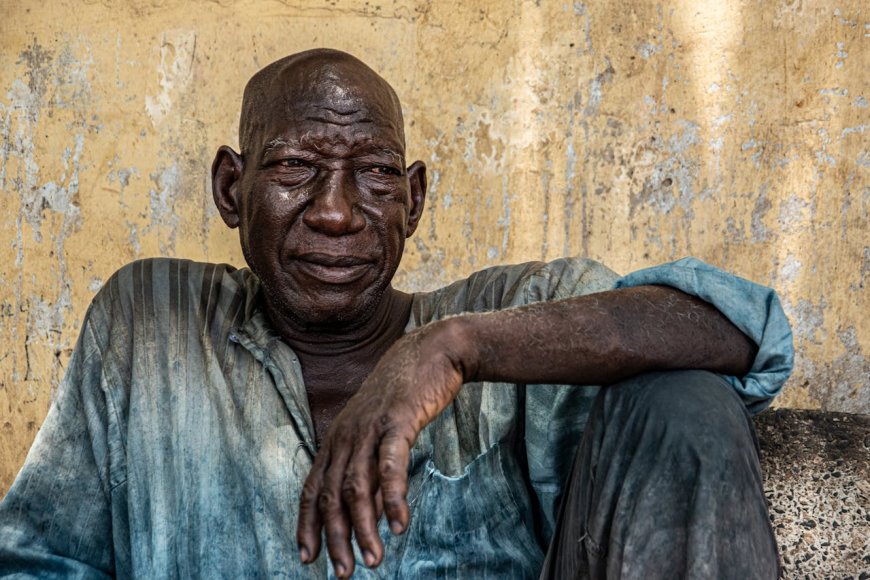Why Africans Often Feel Disappointed in New Leadership and Praise Past Presidents

Africa, a continent rich in resources and potential, has often seen its citizens express disappointment in their new leadership while nostalgically praising former presidents.
This phenomenon is widespread and can be observed across many African nations. Several factors contribute to this recurring sentiment, from unmet expectations to the complexities of governance and the nostalgic appeal of past leadership. Here’s a closer look at why this occurs, with examples and references.
Unmet Expectations
One of the primary reasons Africans often feel let down by new leaders is the high expectations set during election campaigns. Politicians frequently make ambitious promises to garner support. When these promises are not fulfilled, disillusionment sets in. For instance, in Nigeria, President Muhammadu Buhari’s administration has faced criticism for failing to deliver on key promises, such as eradicating corruption and improving the economy . Despite initial optimism, many Nigerians now express dissatisfaction, comparing his tenure unfavorably with past leaders.
The Complexity of Governance
Governing a nation, especially with diverse socio-economic challenges, is a daunting task. Often, new leaders inherit significant problems from their predecessors, which they may be unable to resolve quickly. In South Africa, President Cyril Ramaphosa has struggled to address issues like unemployment and corruption that have plagued the nation for years. The slow pace of change has led some South Africans to reminisce about the more stable times under former President Nelson Mandela, despite the different historical context and challenges of his era.
Nostalgia and Romanticism
Time often softens the perception of past leaders, leading to a more romanticized view of their governance. This nostalgia can overshadow the actual shortcomings and controversies of their administrations. For example, in Ghana, some citizens look back fondly at Jerry Rawlings’ era, despite his tenure being marked by human rights abuses and economic challenges. The sense of stability and decisive leadership he provided is often contrasted with the perceived inefficiencies of subsequent administrations.
Media Influence
The role of media in shaping public opinion cannot be overstated. Media coverage tends to highlight the failures and scandals of current leaders while often glossing over similar issues in past administrations. This selective memory contributes to the perception that former leaders were more effective. In Zimbabwe, the post-Mugabe era under President Emmerson Mnangagwa has been turbulent, with economic woes and political unrest. This has led to some Zimbabweans viewing Robert Mugabe's rule with a sense of longing, despite the oppressive nature of his regime .
Political and Economic Instability
Political and economic instability often exacerbates dissatisfaction with current leadership. In countries like Kenya, the fluctuating economic conditions and political tensions make it difficult for any leader to maintain long-term popularity. Citizens may idealize past leaders during periods of perceived stability, forgetting or minimizing the challenges faced during those times. Former President Mwai Kibaki is often remembered for his economic reforms and infrastructure development, despite his tenure also being marred by corruption and political violence.
Conclusion
The disappointment in new leadership and the nostalgic praise for past presidents in Africa is a multifaceted issue. It stems from unmet expectations, the inherent challenges of governance, the influence of media, and the human tendency to romanticize the past. While new leaders face the arduous task of addressing contemporary issues, it is crucial for citizens to maintain realistic expectations and hold leaders accountable while recognizing the complexities involved in governing diverse and dynamic nations.
This cycle of hope, disappointment, and nostalgia highlights the ongoing struggle for effective leadership in Africa. It underscores the need for transparency, accountability, and sustained efforts to address the root causes of dissatisfaction, paving the way for a more hopeful and prosperous future for the continent.





